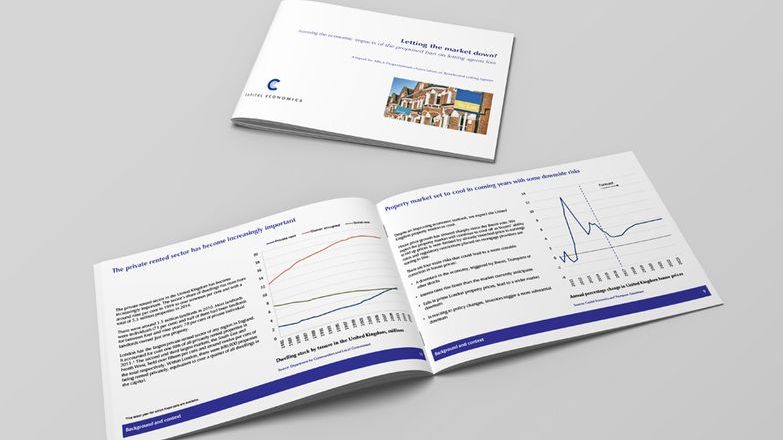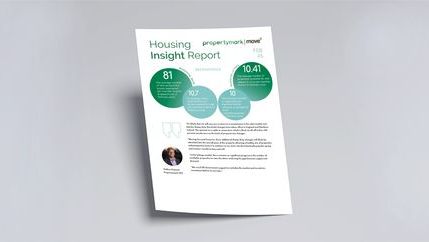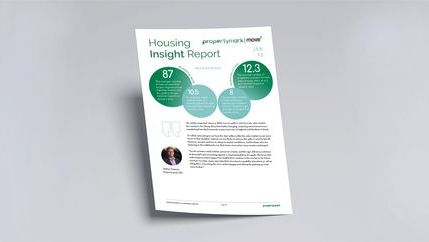
The statement read: “The government will ban letting agents’ fees to tenants, to improve competition in the private rental market and give renters greater clarity and control over what they will pay. The Department for Communities and Local Government (DCLG) will consult ahead of bringing forward legislation.”
We considered the outlook and risks for the economy and property market to provide context to the economic environment in which the potential ban on letting fees will be brought in.
Key findings:
- Total turnover in the residential lettings sector in England and Wales is around £4 billion and it employs around 58,000 workers
- Residential lettings activity is localised with at least 2,000 jobs supported in each region
- The introduction of a ban on letting agent fees charged to tenants would be the third hit to buy-to-let activity in recent years, which exacerbates downside risks to the private rented sector, wider property market and economy as a whole
- Fees charged for letting activities reflect real work to be undertaken and therefore if the ban on fees goes ahead, the costs will need to be recovered
- On a comparable basis, fees for letting a property are lower than buying a house in the United Kingdom, while they are also lower than in some other major economies
- Landlords are likely to pass on higher agents’ fees to tenants in the form of higher rent. In the most plausible outcome, letting agents lose £0.2 billion in turnover, landlords lose £0.3 billion in income and tenants pay an increased rent of £103 per annum
- The impact on letting agents is likely to result in a loss of jobs to the tune of 4,000 workers
- Although renters will benefit from a reduction in up-front fees, most of this will be passed back to them through increased rents; those tenants who move more frequently will enjoy a saving on overall costs but those who do so less frequently (which are likely to be lower income families) will see a loss





